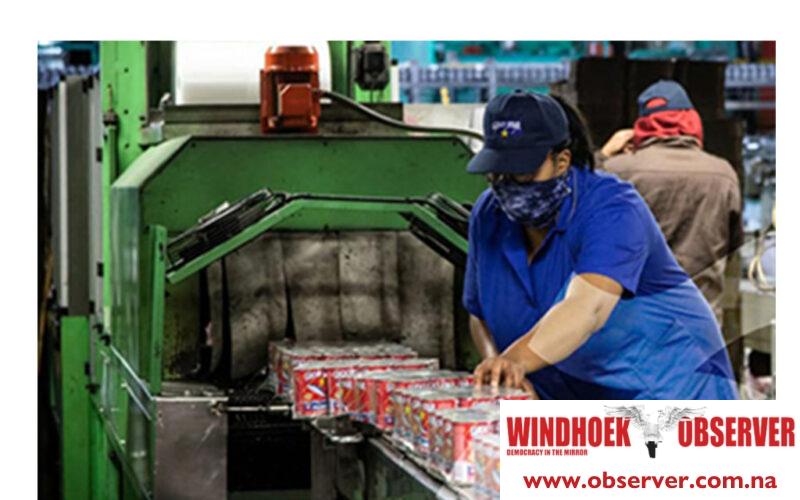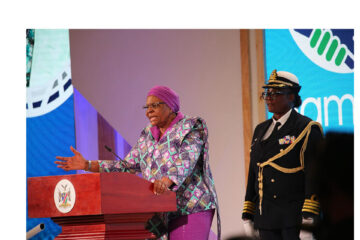CHAMWE KAIRA
Oceana Group’s horse mackerel sales volumes in Namibia reduced by 20,5% mainly due to a reduction in catch rates.
Oceana said firm market demand, together with the benefit of the weaker exchange rate on US dollar export sales, resulted in an improvement in rand prices partially offsetting the volume reduction.
The company said an improvement in fishing days and vessel utilisation resulted in hake sales volumes increasing by 20,8%.
“Industry wide catch rates remained below historical average for the period with some improvement experienced in the second quarter,” the company said.
The total allowable catch for pilchards in South Africa was increased by 67% to 65 000 tons for the season, a positive sign for the resource which is expected to further enhance margins. Pilchard quota of 20 136 tons is available to Oceana to catch and process during the current year.
“Market demand for wild caught species is expected to remain firm with second half performance largely dependent on catch rates in South Africa and Namibia.”
Oceana Chief Financial Officer, Zaf Mahomed said “the board declared a 50% increase in the interim dividend to 195 cents per share recognising our strong financial performance for the first half and taking into consideration our capital expenditure programme.
“We believe that this balanced approach to returning capital to shareholders while investing in our business will create long-term value for all stakeholders and position Oceana for sustained growth,” said Mahomed.
Oceana CEO, Neville Brink, said prudent cash and capital management had allowed the Group to invest in its business. This included upgrades to factories and vessels to improve efficiencies, expand the successful and trusted Lucky Star brand and take advantage of bolt-on acquisition opportunities.
“We are already seeing the benefits of factory and vessel upgrades through efficiencies and enhanced product quality. The R100 million Lucky Star canned meat plant is the first investment of its kind on the West Coast in at least 20 years and will enable us to meet increasing demand for affordable protein. We have also acquired majority stakes in a canned chicken liver and a squid business. These investments strengthen and complement the Group’s existing strategic pillars, diversified across canned food, fishmeal and fish oil and wild caught seafood, and will contribute to its medium-term growth.”
During the half, Lucky Star’s value offering resulted in sales of 4,8 million cartons, off the back of a record five million sold in the previous first half. The wild-caught seafood segment was impacted by a major breakdown of the Desert Diamond, contributing to a 67% reduction in South African horse mackerel catch volumes. A planned refit of the vessel was brought forward to improve utilisation in the second half. Brink expects fish oil prices to remain firm in the short- to medium-term. Oceana has nearly 4 000 employees based across South Africa, Namibia, and the United States. The group operates 54 vessels and eight production facilities across three countries on two continents, selling products to customers in 41 countries.




